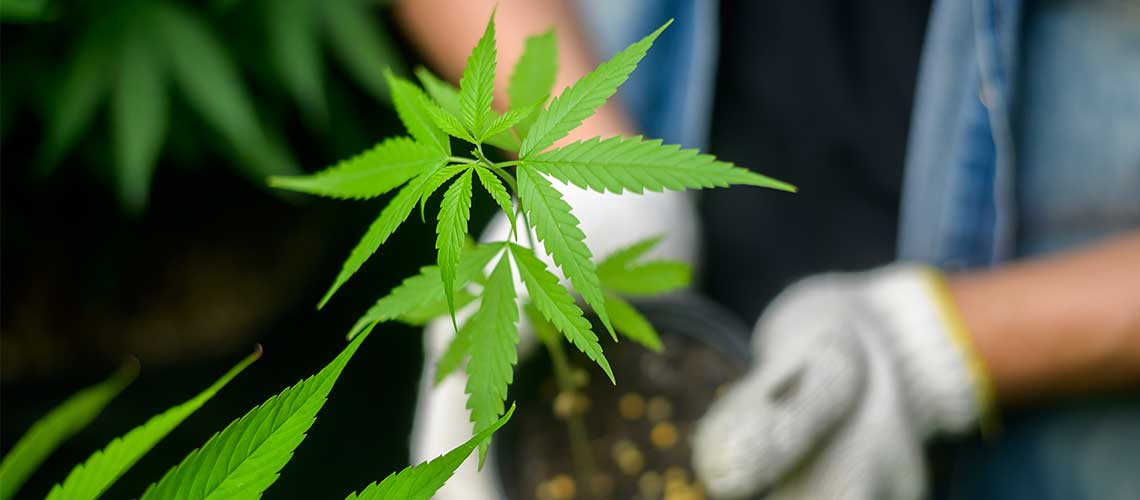What is the importance of Social Equity?
These days, a flood of new states have pushed forward with some type of cannabis legislation, with 37+ states currently allowing medical marijuana programs. As this continues, so does the opening of doors for entrepreneurs to capitalize in this blooming industry.
When critically looking at this roaring industry, it is incredibly difficult to ignore the disparities that torment the historical backdrop of marijuana imprisonment and the racial demeanor of cannabis prohibition. As indicated by the American Civil Liberties Union (ACLU), black citizens are four times more likely to be incarcerated for cannabis-related offenses than whites, with arrest rates being significantly higher for black people over white folks in all U.S. states.
Likewise, these disparities continue within the licensed cannabis industry, as per Leafly’s Job Report, distributed in 2021. As per the report, under 2% of licensed cannabis organizations have black ownership. In an industry that highly values civil rights and touts its beginnings from grass roots activism, the absence of minority representations sounds alarm bells for this industry.
State Efforts
Social Equity Programs in the cannabis industry are intended to address the imbalances seen in legal cannabis programs, as well as the historical disparities in marijuana arrests. As of now, 13 states that have recreational cannabis legalization also have some type of a social equity program to advance qualifying applicants in that state’s regulated cannabis industry.
These states are Illinois, California, Massachusetts, New Jersey, New York, New Mexico, Virginia, Michigan, Vermont, Arizona, Connecticut, Colorado, and Washington.
Because of the division of each state’s industry due to federal prohibition, every social equity initiative is different. Below are highlights of a few of those efforts.
New York, a state that has seen the impact of disproportionate cannabis arrests, is using adult use cannabis legalization as a kick-off on putting resources into the networks excessively affected by cannabis arrests. The state intends to grant half of available licensing to social equity candidates, and as of late, the state reported it anticipates granting the initial 100 to 200 adult use licenses to people who have been affected by cannabis imprisonment and related offenses. Gov. Kathy Hochul anticipates submitting $200 million to help social equity candidates in building their organizations.
Illinois was perhaps the earliest state to present social value as a component of its adult use legalization bill. The state distributed a particular measure of retail licenses for qualified social equity candidates, as well as other permit types. Other than permit assignment, the regulation made an education and training program for industry-related abilities, as well as access to funding through loans and grants. As an effort to guarantee access in underserved areas, the state made explicit zones for permit assignment.
California doesn’t offer a typical social equity program in the state, but it has dispensed assets for urban areas that carry out social equity programs to assist qualifying social equity applicants with access to the industry. Larger urban communities like Los Angeles, San Francisco, Sacramento, and Oakland all have some type of social value authorization.
How do I know if I qualify as a social equity applicant?
It is statistically probable that the restriction of cannabis excessively affected communities of color at a higher rate. Unfortunately, Supreme Court law doesn’t permit the government to assist through social equity programs that include or exclude applicants based on race. This has caused issues in states like Ohio, which initially anticipated designating licenses to racial minorities (which was subsequently viewed as illegal). As an immediate outcome, each state has explicit requirements for program qualification, planned to incorporate people or demographics generally hurt by cannabis illegality. To see the particular qualification prerequisites for each state, visit the state programs site. A few of the more common qualification necessities include:
- The individual lives in a particular zone that the state has assigned as a Disproportionately Impacted Area (DIA). These regions are usually characterized as areas with higher poverty rates and higher cannabis-related arrest rates. Qualification for this criteria requires that the individual lives in this zone or zipcode as an inhabitant for a certain timeframe, before applying to the social equity program.
- The individual is of a minority group that has been historically impacted by cannabis convictions, or underrepresented in the lawful cannabis market with regards to business proprietorship.
- The individual has been straightforwardly affected by cannabis-related offenses:
- The individual has been indicted for a marijuana-related offense;
- The applicant’s child, parent, guardian, or spouse has been sentenced for a cannabis-related offense.
- The individual or group of proprietors have a consolidated income of not more than the amount indicated by the particular program.
How we can help?
At Cannabis License Experts, we provide you with the guidance to plan your cannabis business, acquire funding, navigate the legal requirements, and acquire the appropriate cannabis license for your operations. As the United States cannabis industry develops, more and more licensed producers will be needed to meet the demands of consumers.
Cannabis License Experts offers support from day one of starting your cannabis business, including strategic planning, floor plan preparation, site audits, SOPs, Preventive Control Plans (PCPs), and more.
Our Edibles Compliance division can provide you with a solid plan for your edibles business to help get your products on store shelves.
Contact us today to discover how we can license and legalize your cannabis business to meet federal or provincial regulations.
Sources
https://www.forbes.com/sites/roberthoban/2020/08/31/the-critical-importance-of-social-equity-in-the-cannabis-industry/?sh=5d51b1e1a6dbhttps://cannabisindustryjournal.com/feature_article/where-are-we-now-social-equity-in-the-us-cannabis-industry/
https://www.theguardian.com/us-news/2021/nov/04/cannabis-california-black-businesses



